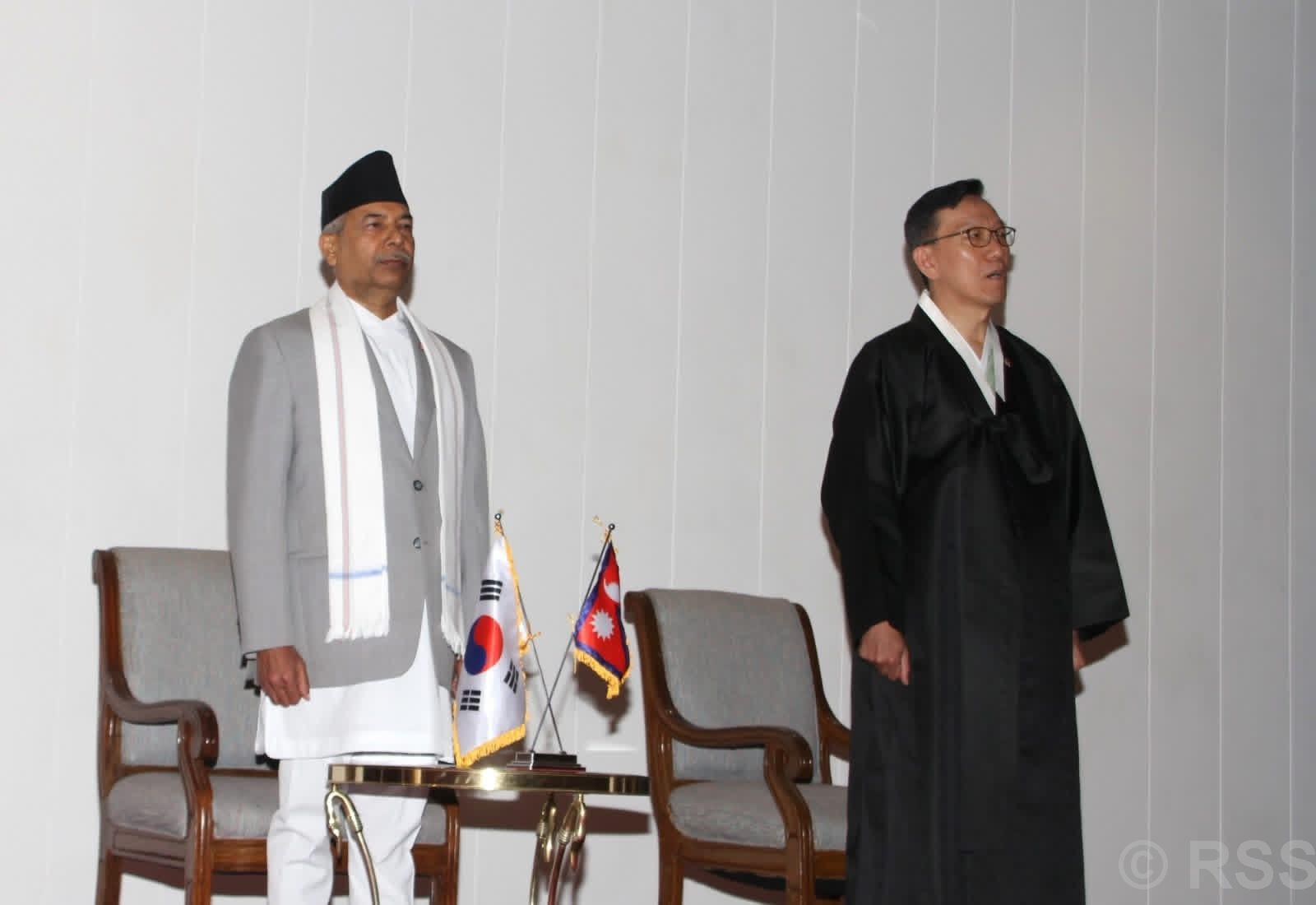Cuba warns U.S. of negative impact of new restrictions

HAVANA, Cuba on Monday expressed "deep concern" over the negative impact the decisions adopted by Washington earlier this year could have on immigration relations between the two countries, calling them "unilateral, unfounded and politically motivated."
A press release issued by the Cuban Foreign Ministry after a new round of migration talks held by the two countries in Washington on Monday expressed concern over the diplomatic spat that led to the reduction of personnel at the U.S. embassy in Havana
The Cuban delegation warned about the negative effect of the suspension of visas by the U.S. mission in Havana.
The measures came after Washington reported last summer that a group of its diplomats in Cuba had suffered "acoustic attacks" causing symptoms as diverse as deafness, nausea and speech problems. Washington also decided to expel a number of Cuban diplomats working in the Cuban embassy in the U.S. capital ostensibly over the attacks.
Havana rejected the accusation, initiated an investigation, and urged the United States to present evidence of the alleged attacks.
The U.S. administration also decided to stop all consular services, including issuing immigrant and non-immigrant visas in Havana, a measure that has been highly unpopular among Cubans.
"The decision to discontinue processing visas applied for by Cubans wanting to visit or migrate to that country is seriously hampering family relations and all kinds of exchanges between both peoples," the statement said.
Cuba urged the U.S. authorities to comply with their immigration agreement obligations, which stipulate that Washington should issue 20,000 visas every year to Cubans wanting to immigrate.
The Cuban side also decried the "counterproductive effect" of Washington's decision to cancel official U.S. government delegations' visits to the island to discuss issues of bilateral interest.
"Should the current situation persist, exchanges in this and other areas will be even more affected," the statement said.
Both delegations, however, recognized the positive impact of reducing irregular immigration after the "wet foot/dry foot" policy was eliminated in January. The policy allowed Cuban nationals to automatically obtain residence once they reached U.S. soil.
Bilateral relations have faced several setbacks since U.S. President Donald Trump came to power and rolled back many of the steps of a historic approach initiated by his predecessor Barack Obama in 2014.
Trump announced his new policy in June during a speech in Miami in front of hundreds of Cuban exiles, advocating a tougher stance on the island.
New trade and travel regulations were issued last month prohibiting U.S. companies from engaging in business with 179 Cuban firms, holdings and ministries, particularly those related to the military and Interior Ministry.
Americans wanting to travel to Cuba are once again required to travel as part of organized tour groups run by U.S. companies, rather than travel individually. Enditem
---




Leave Comment